(COPENHAGEN) ABS brought around 40 maritime industry leaders together for its annual Northern Europe Committee Meeting this week.
“ABS is pleased to count leading figures from the Northern European maritime sector among its committee members. As we look to harness digital technologies and innovation to meet 2030 and 2050 decarbonization objectives, this deep knowledge and experience will play a vital role in guiding us safely through the technical and regulatory maze,” said Tony Nassif, ABS Executive Vice President & Chief Operating Officer.
ABS continues to hold a leadership position as a global class organization in Northern Europe, where it has grown its operations and survey team and engineering capability. ABS is involved in a range of diverse initiatives in the region from industry leading research and development projects in future fuels to supporting growth of new aquaculture markets and playing an active role in the polar community.
The Committee heard about the industry-leading safety performance of ABS, including achieving two years without a work-related lost-time incident. The superior Port State Control performance of ABS and strong fleet safety performance underline its focus on safety and its mission.
“It is a challenging time for the maritime industry, so the ability of the ABS committee to bring together so much expertise in order to focus on the issues we collectively face has never been more important,” said Palle Laursen, Maersk, Chief Technical Officer and Chairman of ABS’ Northern Europe Regional Committee.
The Committee meetings are a forum for ABS members, including owners, operators, charterers, and industry representatives from flag administrations, owner associations, the shipbuilding and insurance sectors, to come together with ABS leaders and discuss industry issues and developments. They are an important part of an ongoing dialogue with industry to address technical, operational and regulatory challenges.
ABS provides a range of survey, audit and engineering services from offices in Copenhagen, Arhus, Frederikshavn and Esbjerg in Denmark; Oslo, Kristiansand, Bergen and Stavanger in Norway; Gothenburg in Sweden; Turku in Finland and Gdansk in Poland. In addition to its industry-recognized local engineering and survey sustainable regional marine and offshore operations.




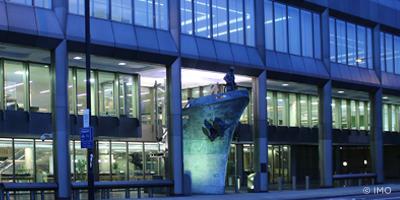




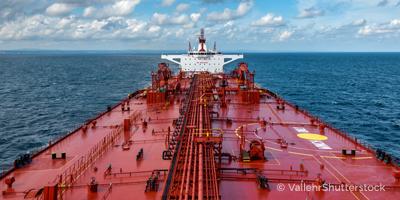
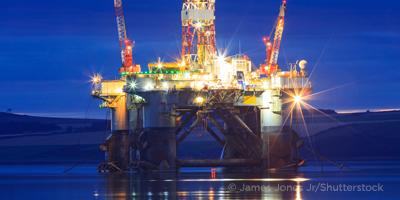
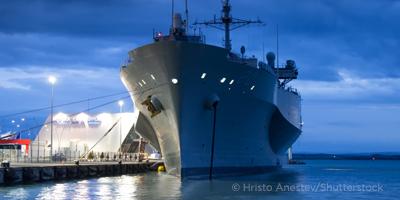
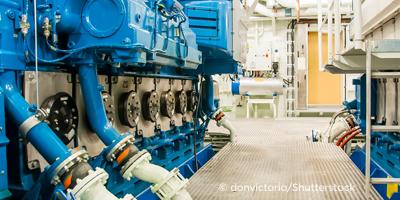









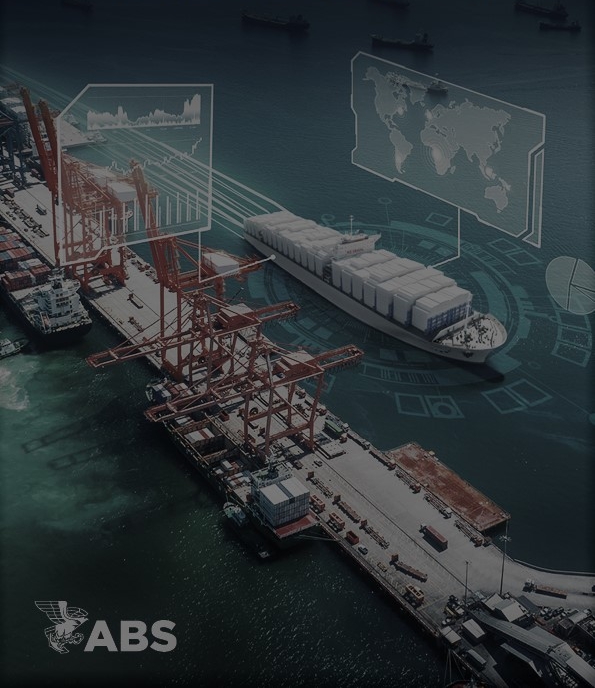






 Palle Laursen, Maersk, Chief Technical Officer and ABS Northern Europe Regional Committee Chairman with Tony Nassif, ABS Executive Vice President & Chief Operating Officer.
Palle Laursen, Maersk, Chief Technical Officer and ABS Northern Europe Regional Committee Chairman with Tony Nassif, ABS Executive Vice President & Chief Operating Officer. 





